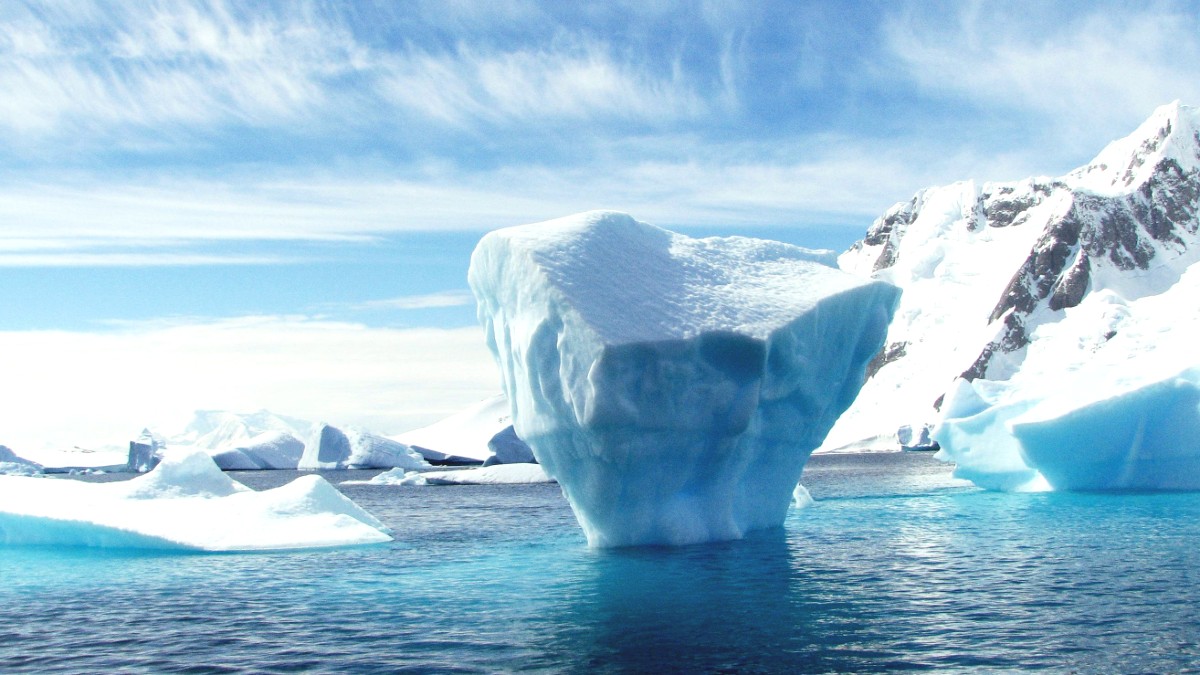
Local SIM cards do not work on the continent itself. Mobile service is available only near embarkation ports.
Port Lockroy offers a special postal service. Mail may take an extended period to reach its destination.
Embrace digital detox in Antarctica. Enjoy the environment without constant notifications.
Life on an Antarctic expedition ship follows an unique rhythm tailored to the environment.
The ship operates continuously. Daily schedules for landings and lectures adjust to weather, ice, and wildlife conditions.
Expect daily briefings outlining the next day's activities. This adaptability optimizes the experience.
Banking services and ATMs are only found in embarkation ports. All financial needs should be handled prior to boarding.
Carry local currency for your pre/post-cruise stay. A small amount of USD or credit cards can be useful for onboard purchases.
Enhance your transit experience and address potential travel disruptions.
The Antarctic tourism season is November to March. Operations cease outside these months.
Adherence to guidelines safeguards a journey that is both safe and responsible.
Maintain strict distances from all animals. Never feed, touch, or disturb wildlife. Allow animals to move freely.
The continent operates on a 'leave no trace' policy. All waste must leave the continent. No items may be removed.
Strict adherence to rules protects the fragile Antarctic environment.
Prioritizing safety measures for both travelers and the ecosystem.
Your expedition guides provide all specific guidelines. Follow their instructions closely.
Accessibility in Antarctica presents unique challenges due to the natural environment.
There is no specialized infrastructure for mobility on the continent itself. Terrain is often uneven, snowy, or rocky.
Travelers with visual or hearing impairments should discuss needs with operators prior to booking. Expedition staff assist passengers.
Speak directly with your chosen expedition operator regarding any specific accessibility needs before your voyage.